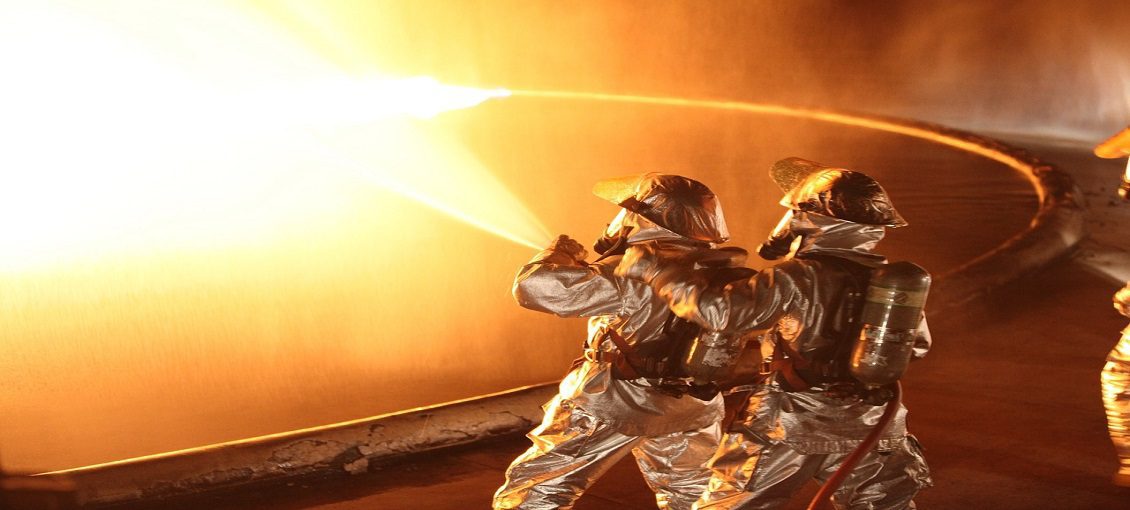By Alan Quilley
I absolutely LOVE learning new things. It’s especially exciting to hear/read about new solutions to old persistent problems. Unfortunately it’s all too easy to get excited about these “new” discoveries when they are announced and/or discussed on LinkedIn or other social media. That excitement should be enjoyed until of course, through further research, you find out that the “study” the new discovery is based on was 12 people. Even worse, the evidence is anecdotal ONLY and “they ALL FEEL BETTER when asked. “Hardly objective, nor verifiable.
Belief by “best seller” is another all too common problem! The safety community, like many others, is searching constantly for the next GREAT thing. Because that discovery may help us accomplish our goals of assisting ourselves and our fellow humans to safely live our collective lives. It’s easy to get caught up in what sounds like a GREAT idea to solve the safety problems! So why not get excited about the next GREAT thing in safety management? Well, actually we should but not before being VERY skeptical about the discovery. By the way, being skeptical is NOT a negative thing. Underlying good skeptical thinking is looking for objectively gathered and analysed evidence. Great claims with no evidence are only MYTHS and interesting ideas. The truth ALWAYS comes from objectively verifiable evidence.
There is a huge difference in what we believe and what may actually be true. As long as we separate the things we know objectively and what we THINK we know, we’ll be fine. The mind plays wonderful tricks on us. It is well documented that the mind is terrible at some things. Optical illusion is just one example. The direction of low frequency sound is another. What we think we see or hear is not what is actually there. Sometimes in our zeal to know the unknown, we may fill in the blanks to create the appearance of us knowing something we don’t. This is the fundamental reason that in early human history the sun was a flaming chariot crossing the sky and NOT the ball of gas it actually is. How do we know it’s a ball of gas? Objective evidence.
It is the search for objective evidence that will help people separate what humans actually know and what we think we MAY know. It doesn’t mean what you are convinced is true isn’t… it just means it MAY be true but we need more information. Here are a few clues that you should be skeptical about the next GREAT thing:
- When the support for the information starts with “My brother-in-law had X and he was cured by (fill in the blank brand of snake oil or pseudoscience).”
- I read it on Facebook/LinkedIn/Twitter/Any Newspaper or On-Line Blog you can think of
- I saw it on YouTube!
Remember, we learn by first questioning. Watch any 5 year old go through their day. It’s a very good thing that we do. Just don’t be satisfied with the first answer you come across, ask another question. The best question I was EVER asked was “Why do you think that Al?” If you can’t answer that question with objective evidence please consider looking for more sources of evidence! It’s the evidence that will lead us to the truth AND we’ll all be smarter because of it!“Learn to love the questions as much as you love the answers.” – Neil deGrasse Tyson
About
Learn more and join the conversation at http://www.safetyresults.ca and http://safetyresults.wordpress.com









































